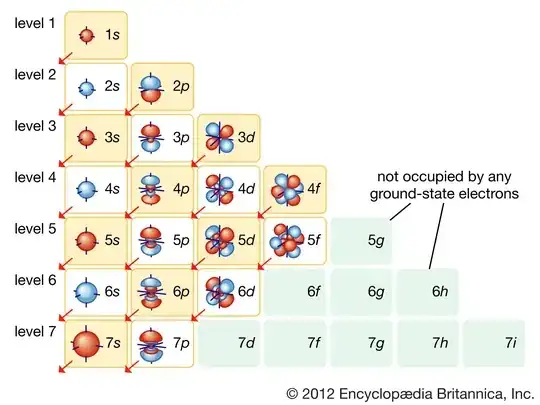I know about how the current era of quantum computing is trying to find ways in order to improve the coherence times of the quantum states and so on and that decoherence and noise are the greatest obstacles, some needing extremely isolated conditions such as -273.15 degrees Celsius so that that a qubit can stay in coherence for some hundred microseconds. My Question is, the first time I learnt about electrons was that they were orbiting nuclei in atoms in our cells and elsewhere (Bohr Model). Then later I learnt that instead of being physically orbiting they are actually in a certain cloud of probability distribution around the nuclei, practically in a superposition (Quantum Chemistry). How are those electrons in coherence and their superposition not collapsing all the time from all the noise that our atoms deal with? We aren’t cooled to 0 kelvin are we? And of course I know we aren’t trying to control those electrons by microwave pulses or anything, but isn't there any work towards taking inspiration from how this happens in nature and using it to improve coherence times?
2 Answers
Some interpretations of quantum mechanics say that there's no collapse. Any decoherence that we see is actually due to unitary evolution, and the quantum system getting entangled with another system (so if we only look at the original system, we have traced out the newly entangled one, which leaves us with a mixed state). If you apply this concept to electron clouds around nuclei then, yes, absolutely, the electron does decohere as it interacts with other atoms. It's what we call chemical bonds.
- 14,286
- 2
- 26
- 76
- 62,671
- 4
- 55
- 140
Thermal energy at room temperature is about 25meV. Energy gaps are range of eV in bound electrons.
Electrons in atoms naturally occupy stationary states. In these states, they don’t evolve in a way that leads to decoherence. Decoherence is there, but it play a minor role.
It is absolutely so, that longer decoherence time would be better, and maybe electrons teach us something from it.
- 296
- 1
- 8
